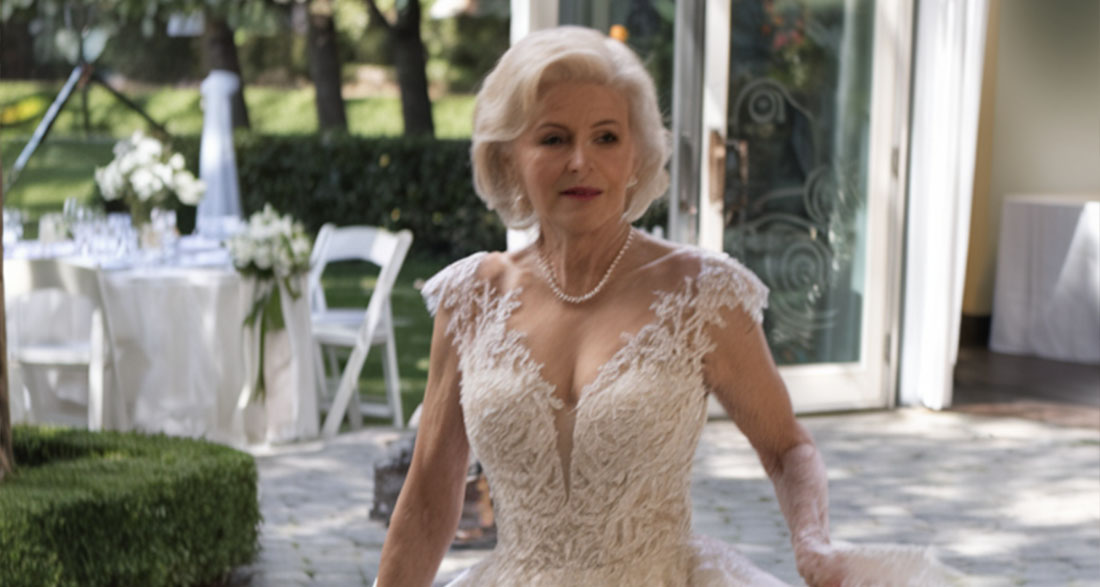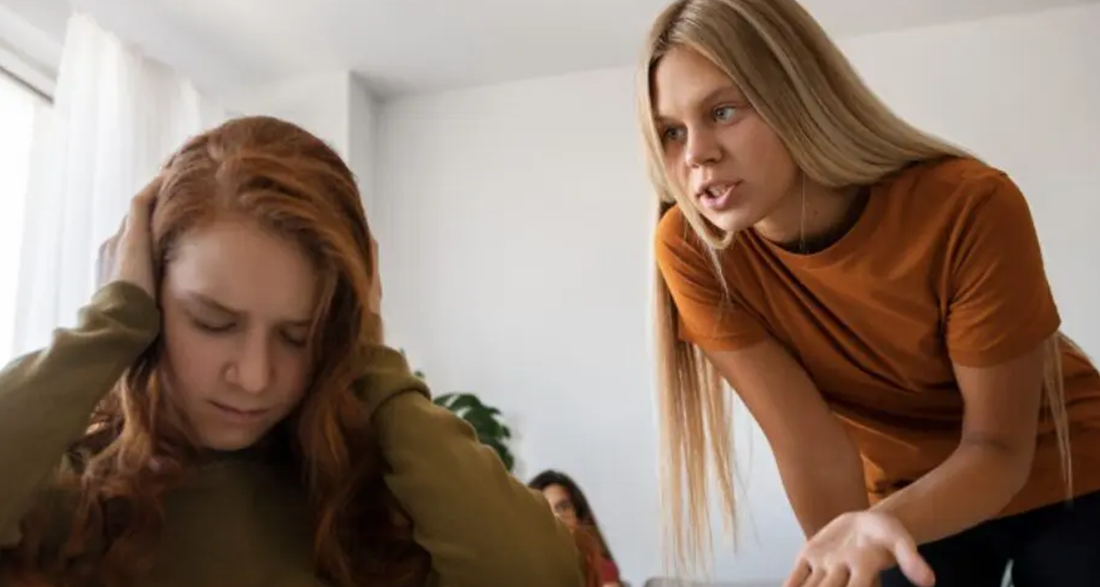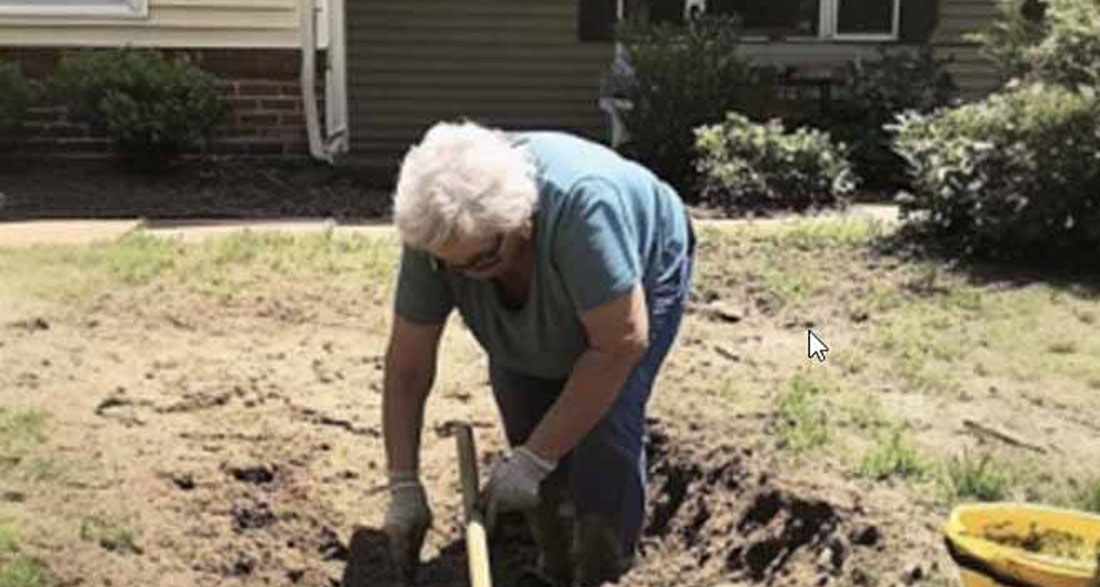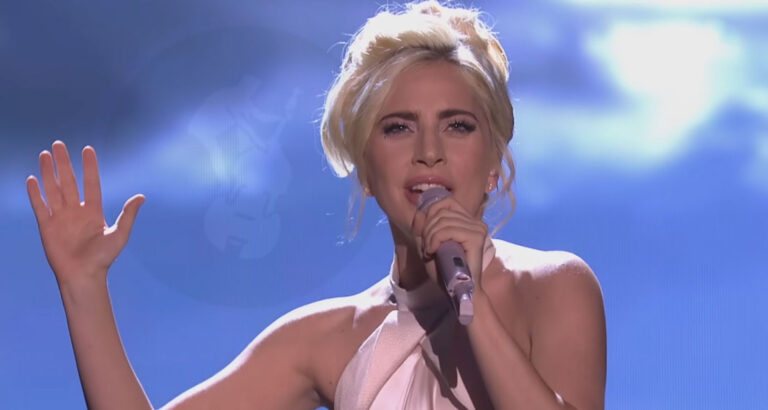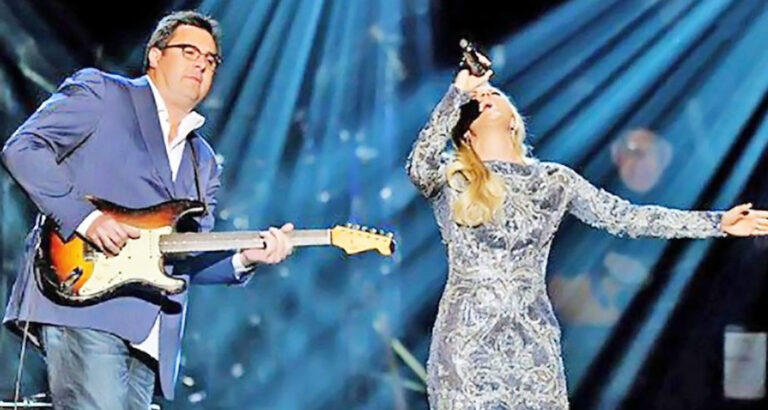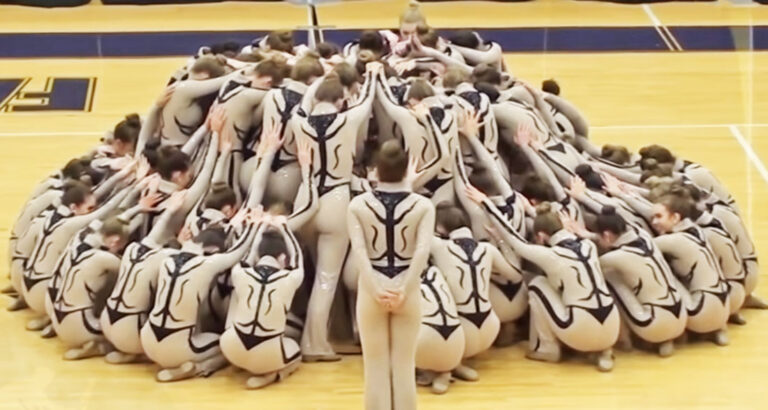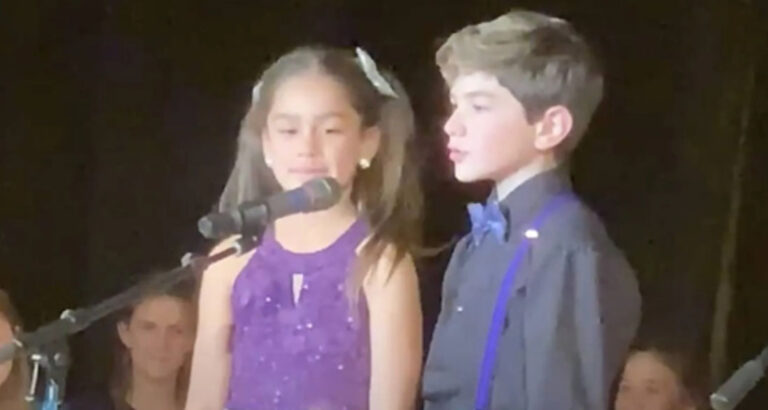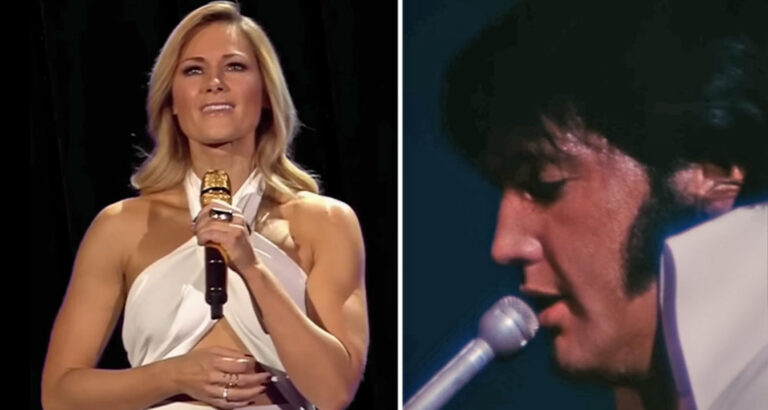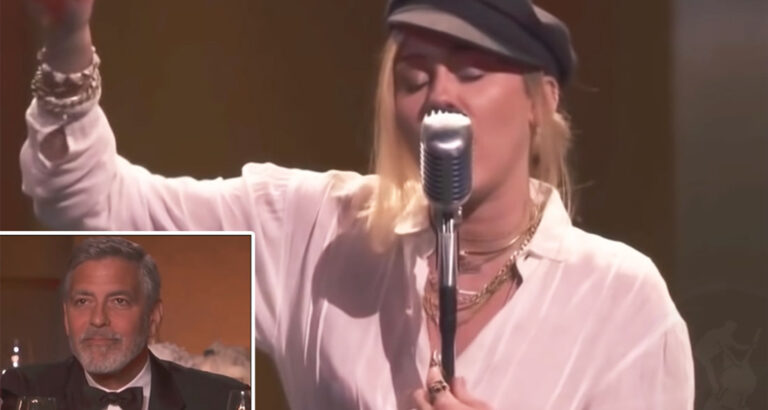When Margaret found a beautifully wrapped box on her doorstep, she immediately knew it was from her daughter-in-law, Anita. Who else would send such a fancy gift?
Curiosity mixed with apprehension as Margaret unwrapped the box. Inside, she found a stunning white maxi dress. A note slipped out: “Please wear this to the wedding. Love, Anita.”
The words “Love, Anita” felt insincere to Margaret. Their relationship had been tense since Anita and her son, James, got together. Margaret had initially liked Anita—she was modern and confident. But their differences became more obvious over time.
Things started small, with disagreements over lifestyle choices, but escalated when Anita took charge of the wedding planning. Margaret was left out of every decision and only learned about the venue from a friend. And now, this dress.
Margaret picked up the phone and dialed Linda, her best friend. “You won’t believe this! Anita sent me a white dress for the wedding. Can you imagine?”
Linda’s voice was calming. “It might be a misunderstanding or a setup. Maybe you should talk to her directly.”
Margaret shuddered at the idea of confronting Anita but realized Linda had a point. The next day, Margaret met Anita at a quaint café. As she sipped her coffee, her hands trembled, while Anita remained calm with a serene smile.
“You don’t like the dress?” Anita asked, her brow slightly furrowed.
“It’s a lovely dress, but I don’t understand why you want me to wear white to your wedding,” Margaret replied, trying to keep her voice steady.
Anita leaned forward, her eyes earnest. “This wedding is about bringing family together. I wanted to honor you, Margaret, which is why I chose this dress. It’s important to me that you wear it.”
Margaret scrutinized Anita’s face, searching for deceit but found only sincerity. Could Anita really mean it?
Leaving the café, Margaret wrestled with her doubts but decided to give Anita the benefit of the doubt.
On the wedding day, Margaret stood in front of the mirror, her anxiety mounting as the white dress clung to her. What if people laughed or judged her? She gripped the steering wheel so tightly her knuckles turned white.
Arriving at the venue, Margaret was greeted by a breathtaking sight. The hall was a burst of vibrant colors and intricate decorations, blending traditional Indian elements with modern elegance.
Then, she saw Anita, radiant in a stunning red sari. Margaret was stunned, her breath catching in her throat. The unexpected beauty of the scene overwhelmed her.
Anita’s father approached with a warm smile. “Margaret, thank you for honoring our traditions by wearing white. It means a lot to us.”
Margaret’s mind raced to understand. “I… I didn’t realize. I thought…”
He nodded, his eyes full of understanding. “In our culture, white symbolizes purity and new beginnings. You look beautiful.”
A wave of relief and gratitude washed over Margaret. She realized Anita’s gesture wasn’t a setup; it was a mark of respect. A lump formed in her throat, and she fought back tears.
As the evening unfolded, Margaret’s initial anxiety melted away, replaced by genuine enjoyment of the celebration. During the reception, she approached Anita.
“Anita,” Margaret said, her voice trembling slightly, “can we talk?”
“Of course,” Anita responded, leading Margaret to a quieter corner.
Sitting together, Margaret saw Anita not as a rival but as someone who wanted to be part of her family. “I misjudged you about the dress. I let my fears cloud my judgment. Thank you for including me.”
“You wore the dress despite your doubts, and that’s a start,” Anita said, taking Margaret’s hand. “We both want what’s best for James. Maybe we can start over and build something new together.”
Margaret smiled through her tears. “I’d like that. Very much.”
A sense of peace settled over Margaret. This wedding marked not just a new beginning for James and Anita but for all of them. Surrounded by the vibrant celebration, Margaret felt a deep sense of belonging.
Anita, later sipping chai in her cozy new home, reflected on the wedding day. Flipping through the wedding album, she relived the events with a mix of nostalgia and gratitude.
Margaret and Anita’s relationship had always been rocky, marked by misunderstandings and cultural differences. Anita had regretted excluding Margaret from the wedding planning but felt it was necessary at the time.
Sending the white maxi dress was Anita’s attempt to extend an olive branch, to include Margaret and honor her place in the family. Despite Margaret’s initial suspicion, Anita hoped the gesture would be understood.
Watching Margaret walk into the venue in the white dress, Anita saw the gesture’s true significance. It wasn’t just about the dress—it symbolized acceptance and respect.
When her father explained the dress’s cultural meaning, Anita saw Margaret’s expression soften. It was a moment of connection that transcended words.
Anita paused at a photo of herself and Margaret, both smiling. The day had not only marked the beginning of her life with James but also a new chapter with Margaret.
As Anita finished her chai, she felt profound gratitude. The wedding had been a journey of love, not just for her and James but for everyone involved. Her father’s words, “A successful marriage begins with the families,” resonated deeply. Looking at the photos, Anita knew they had taken the first steps toward that success. Margaret’s smile in the white dress was proof enough.


